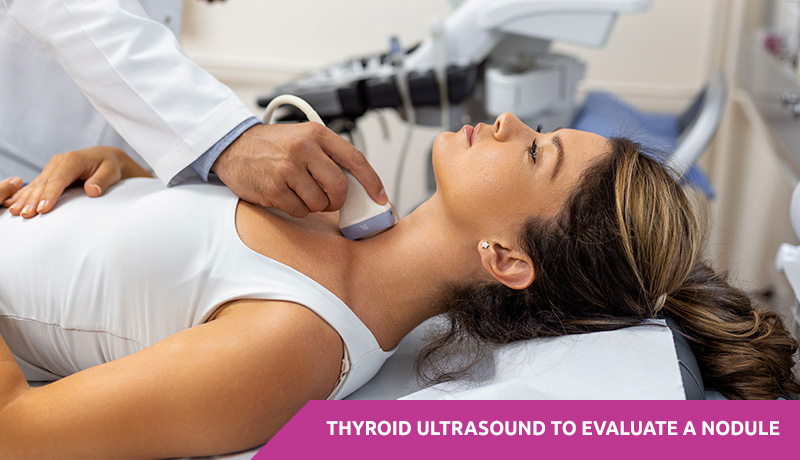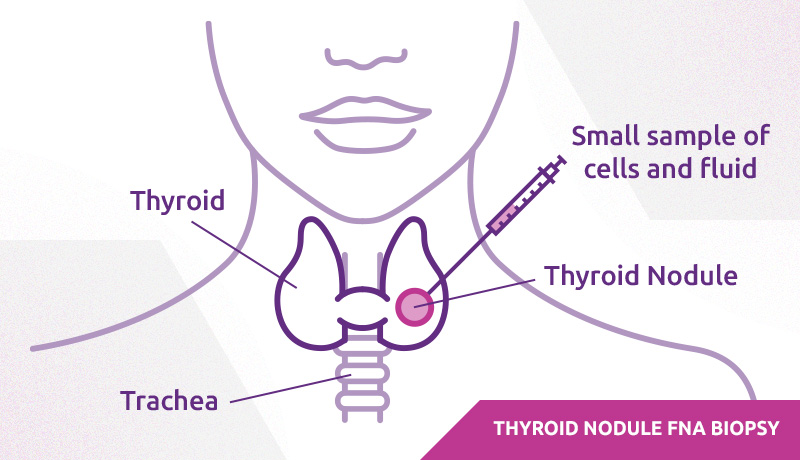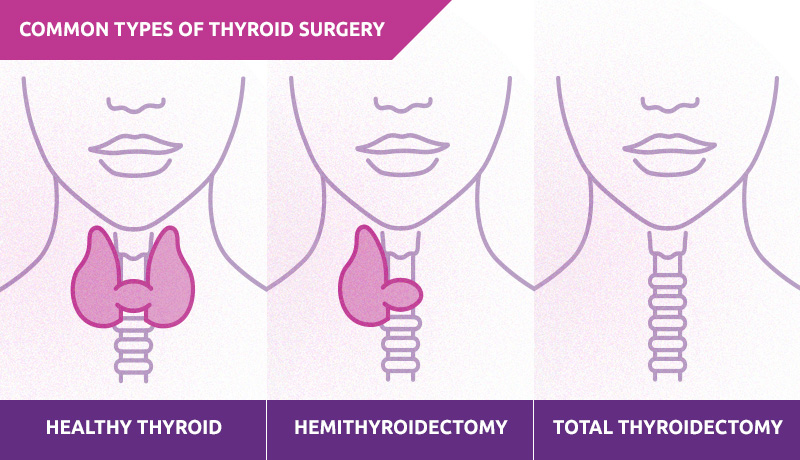Thyroid Cancer
Thyroid Nodules
Should I Worry About a Thyroid Nodule?
Finding a lump in your neck can feel frightening. If you’ve been told you have a thyroid nodule, you’re not alone. Thyroid nodules are incredibly common—especially in women—and in most cases, they’re not cancerous. But they do need proper investigation, just to be sure.
This guide will walk you through everything you need to know about thyroid nodules: what causes them, how they’re diagnosed, what the treatments involve, and what the outlook usually is. My goal is to make this information clear and reassuring, and to help you feel more in control of your thyroid health.
What Are Thyroid Nodules?
A thyroid nodule is a lump or abnormal growth that develops in the thyroid gland—a small, butterfly-shaped organ at the front of your neck, just below your voice box (larynx). Your thyroid gland plays a crucial role in regulating your metabolism, energy levels, heart rate, and temperature through the hormones it produces.
Most thyroid nodules are benign (non-cancerous) and don’t cause any thyroid disorder symptoms. In fact, many are found completely by accident—during a scan for something else.
How Common Are They?
Very. It’s estimated that up to 50–60% of people may have at least one thyroid nodule by the age of 60. They are:
- More common in women
- More likely to occur with age
- Often discovered during pregnancy
- Frequently found during routine neck ultrasounds or MRIs
What Causes Thyroid Nodules?
There isn’t always one clear cause, but the most common factors include:
- Overgrowth of normal thyroid tissue
- Thyroid Cysts that filled with fluid
- Chronic inflammation of the thyroid (e.g., Hashimoto’s thyroiditis)
- Iodine deficiency (less common in the UK and developed countries)
- Thyroid adenomas (benign tumours)
- Radiation exposure, especially in childhood
Are Thyroid Nodules Cancerous?
The short answer is: usually not. Over 90% of thyroid nodules are benign. However, a small percentage (less than 10%) may be cancerous, so it’s important to investigate them properly.
Key features that may raise suspicion of cancer include:
- Nodules that are hard, fixed, or growing quickly
- Hoarseness of voice
- Enlarged lymph nodes in the neck
- History of radiation exposure
- Family history of thyroid cancer
Even when a nodule is cancerous, the most common types of thyroid cancer—papillary and follicular—have excellent outcomes with early treatment.

Symptoms of Thyroid Nodules
Most thyroid nodules don’t cause symptoms. But when they do, you might notice:
- A lump in the neck that you can feel or see
- Difficulty swallowing
- A feeling of pressure or tightness in the neck
- Hoarseness or voice changes
- In rare cases, overproduction of thyroid hormone (hyperthyroidism), leading to:
o Weight loss
o Palpitations
o Anxiety
o Sweating
o Tremor
Who’s at Risk?
Anyone can develop a thyroid nodule, but risk factors include:
- Being female
- Age over 40
- Family history of thyroid disease or cancer
- Autoimmune thyroid conditions like Hashimoto’s
- Radiation exposure, especially to the head/neck in childhood
- Iodine deficiency
How Are Thyroid Nodules Diagnosed?
- History and Physical Exam
I’ll take a detailed medical history carry out a careful physical examination of your neck, checking the size, texture, and mobility of the nodule. - Blood Tests
These check your thyroid function and may include:
• TSH (Thyroid Stimulating Hormone)
• Free T3 and T4
• Thyroid antibodies (to rule out autoimmune disease) - Ultrasound Scan
A thyroid ultrasound is the gold standard for imaging. It tells us:
• Size and location of the nodule
• Whether it’s solid or fluid-filled
• Blood flow pattern
• Presence of any suspicious features like calcifications or irregular borders - Fine Needle Aspiration (FNA) Biopsy
If the nodule looks concerning, you’ll be referred for an ultrasound-guided biopsy. A thin needle collects thyroid cells from the nodule for lab analysis. It’s a quick, relatively painless outpatient procedure.

Understanding Your Biopsy Results
Biopsy results are usually reported using the Bethesda System, which ranges from Category I to VI (i.e. grades 1-6):
- Bethesda I: Non-diagnostic/inconclusive
- Bethesda II: Benign
- Bethesda III–IV: Atypia or follicular lesion of undetermined significance (risk of cancer ~15–30%)
- Bethesda V: Suspicious for malignancy (~60–75% chance)
- Bethesda VI: Malignant
Putting it another way, the lab grades the cells on a scale from 2 to 6, with 5 or 6 being suspicious or definitely cancerous, 3and 4 being suspicious, and 2 being benign (not cancer). Based on these results and the specialist’s review, the risk of malignancy can be determined. Nodules which are suspicious or thought to be thyroid cancer need removal with surgery.
When Is Surgery Needed?
You might be advised to have surgery if:
- The nodule is large or growing
- Biopsy suggests cancer or is inconclusive
- You have pressure symptoms (e.g., trouble swallowing or breathing)
- You prefer to remove it for peace of mind
Types of Surgery:
- Hemithyroidectomy: Removes half of the thyroid
- Total Thyroidectomy: Removes the entire gland (used if cancer is confirmed)

Treatment Beyond Surgery
If cancer is confirmed, you may also need:
- Radioactive iodine treatment: Destroys any remaining thyroid tissue or cancer cells
- Thyroid hormone replacement: For life if the whole gland is removed
- Regular follow-up: Blood tests, scans, and possibly a thyroglobulin test to monitor for recurrence
Frequently Asked Questions (FAQs)
Are thyroid nodules dangerous?
Most are harmless. But they need proper evaluation to rule out cancer.
Can I feel a thyroid nodule?
Most don’t tend to cause symptoms, but you may be able to feel a lump on the front of the neck. Very occasionally, they can cause a pressure sensation when swallowing if they are particularly large.
Do thyroid nodules go away on their own?
Some cystic (fluid-filled) nodules can shrink, but most solid nodules remain.
Is thyroid cancer curable?
Yes. The most common types have a high cure rate when treated early.
Should I see a specialist?
Yes. Come and see me and I can provide the most accurate assessment and treatment.
Take Action: Don’t Ignore That Neck Lump
If you’ve been told you have a thyroid nodule—or you’ve noticed a lump in your neck—don’t panic.
Come to see me, and get it checked properly. A timely evaluation can offer peace of mind or early diagnosis, when treatment is most effective.




